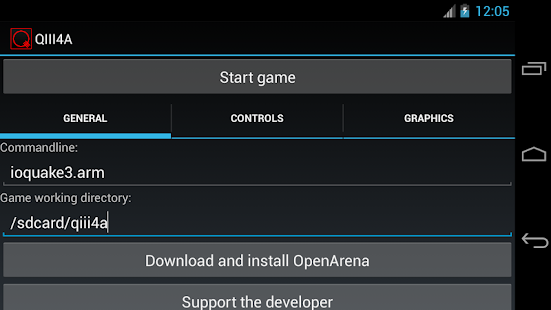

But not all enterprise products give you full control of permissions in the age of the mobile worker, this should be a top priority. It may seem obvious that IT would want to oversee and adjust permissions for each worker who deals with company data. You can’t stop employees from losing devices, but you can make sure any of the company data on those devices is safe. Make sure that a) your security protocols include the main consumer tools and b) that your employees are using those tools on their mobile devices. This cues back to protecting the tools that workers already use.
#SOOKASA PHONE HOW TO#
Blocking isn’t the answer: any employee worth their salary knows how to open a Dropbox account using their Gmail address. Government enterprises are vulnerable to everything from LinkedIn to Twitter, apps that (may) have legitimate social media marketing and recruitment uses, but that also open the door to attackers. Unfortunately, email is far from the only offender. Even when employees attempt encryption, et cetera, the stakes are high-particularly in the public sector. Records retention, legal compliance and business security can all suffer when employees rely on shadow IT. Convenience ( or in Clinton’s case, trust), means that the familiar often trumps the secure. Because they’re knowledgeable technology users, circumventing security protocols to use consumer products in enterprise environments is rarely a problem.

What can enterprises learn from 'Clintongate'? The first lesson is that unapproved use of technology within organizations is known as “shadow IT,” and it’s here to stay.Įmployees become familiar with, even devoted to, products and platforms, and you’ll get their Dropbox when you pry it from their cold, dead hands.


 0 kommentar(er)
0 kommentar(er)
